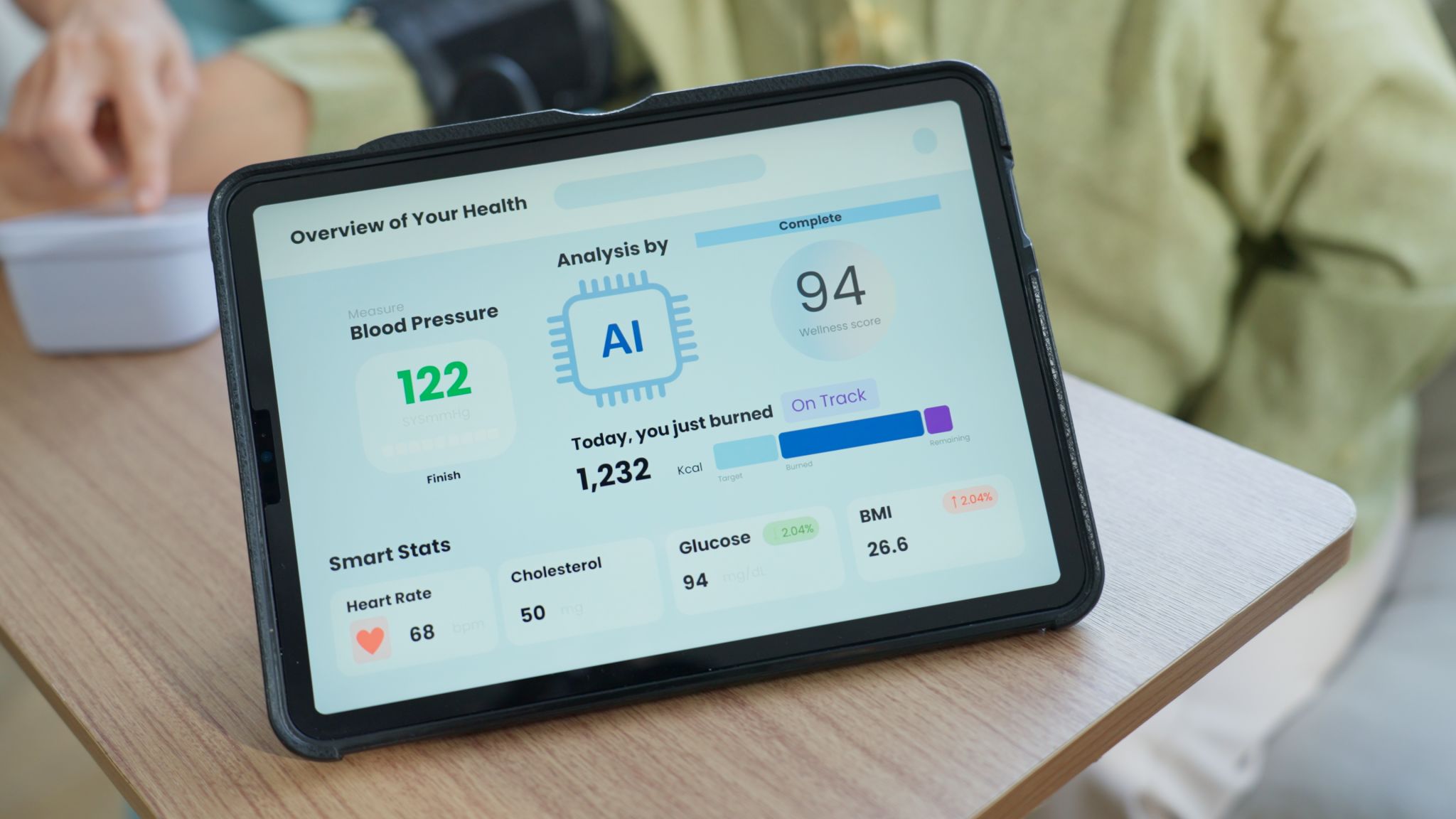AI Solutions Provider: How Machine Learning is Revolutionizing Healthcare Services in San Diego
Introduction to Machine Learning in Healthcare
In recent years, machine learning has emerged as a transformative force in various industries, and healthcare is no exception. San Diego, known for its thriving biotech and healthcare sectors, is at the forefront of adopting AI solutions. By harnessing the power of machine learning, healthcare providers in the region are revolutionizing the way they deliver services, improving patient outcomes, and enhancing operational efficiency.

Enhancing Diagnostic Accuracy
One of the most significant impacts of machine learning in healthcare is its ability to enhance diagnostic accuracy. AI algorithms can analyze complex medical data, such as imaging scans and genetic information, with remarkable precision. By identifying patterns and anomalies that might be missed by human eyes, machine learning tools assist doctors in making more accurate diagnoses.
This capability is particularly beneficial in fields like radiology and pathology, where early detection can significantly influence treatment success. In San Diego, several healthcare institutions are leveraging AI-powered diagnostic tools to provide faster and more reliable results to their patients.
Personalized Treatment Plans
Another groundbreaking application of machine learning in healthcare is the development of personalized treatment plans. By analyzing a patient's medical history, lifestyle, and genetic data, AI can help physicians tailor treatment strategies that are better suited to individual needs. This personalized approach not only improves patient outcomes but also reduces the likelihood of adverse reactions and unnecessary treatments.

Streamlining Administrative Tasks
Machine learning is also streamlining administrative tasks within healthcare facilities. From scheduling appointments to managing patient records, AI solutions are automating routine processes, allowing staff to focus on more critical tasks. This not only enhances efficiency but also reduces administrative costs, freeing up more resources for patient care.
In San Diego, many hospitals and clinics are adopting AI-driven platforms that integrate seamlessly with existing systems, leading to a smoother workflow and improved patient experience.
Predictive Analytics for Better Health Management
Predictive analytics is another area where machine learning is making a significant impact. By analyzing vast amounts of patient data, AI can identify potential health risks and predict future medical events. This proactive approach enables healthcare providers to intervene early, potentially preventing serious conditions from developing.

For instance, predictive models can alert doctors about patients at risk of developing chronic diseases or experiencing complications post-surgery. In San Diego, several healthcare organizations are using these insights to implement preventive measures and improve long-term health outcomes.
Challenges and Future Prospects
Despite its numerous benefits, the integration of machine learning in healthcare is not without challenges. Issues such as data privacy, algorithm bias, and the need for extensive training can pose significant hurdles. However, ongoing research and collaboration between tech companies and healthcare providers are helping to address these concerns.
The future of AI in healthcare in San Diego looks promising, with continuous advancements expected in areas like drug discovery, telemedicine, and robotic surgery. As machine learning technologies evolve, we can anticipate even more innovative solutions that will further enhance the quality of healthcare services.
Conclusion
In conclusion, machine learning is revolutionizing healthcare services in San Diego by enhancing diagnostic accuracy, personalizing treatment plans, streamlining administrative tasks, and offering predictive insights for better health management. As AI solutions continue to advance, they hold the promise of reshaping the healthcare landscape, ultimately leading to improved patient care and outcomes.